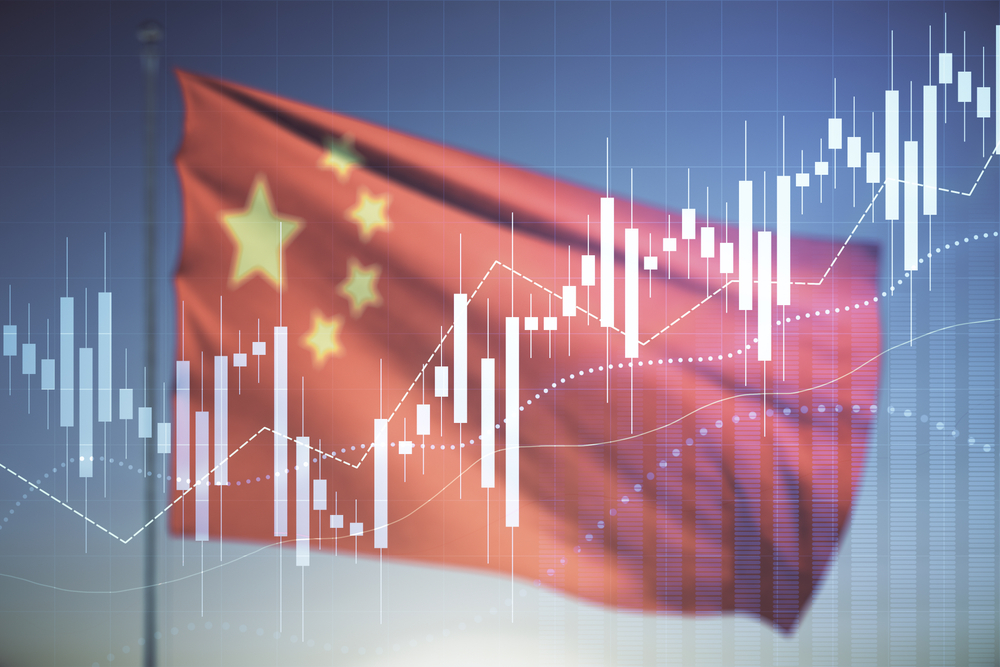Premier says domestic demand, reforms will sustain momentum
Chinese Premier Li Qiang on Thursday reaffirmed that China remains the world’s most powerful engine of economic growth, citing ongoing reforms and a pivot toward consumption as key factors in maintaining momentum despite global headwinds.
Speaking at the Asian Infrastructure Investment Bank’s annual meeting in Beijing, Li said the policy support introduced since late 2023 was beginning to lift domestic demand and stabilize the world’s second-largest economy.
“We are strengthening macro policies, actively expanding domestic demand, and forcefully boosting consumption,” Li said. “The expansion and quality upgrading of China’s massive market will continue to unleash enormous dividends, creating more trade and investment opportunities for countries worldwide.”
Policy push aims to cushion global slowdown
China’s leadership has been under pressure to counteract slowing exports, a sluggish property sector, and rising trade tensions with Western countries. Premier Li’s remarks are part of a broader campaign to restore confidence in the country’s economic trajectory after a year of uneven performance.
“In short, China remains the country that provides the greatest driving force for global economic growth,” he said, positioning Beijing’s evolving domestic focus as a benefit to international partners.
Global institutions remain cautious
Li’s comments follow recent assessments by the International Monetary Fund and World Bank, both of which signaled a potential deceleration in Asia-Pacific growth. China’s slower-than-expected rebound and subdued import levels have prompted concerns that its contribution to regional trade may diminish in the near term.
Imports into China have remained soft over the past six months, raising questions about the depth of internal demand and the country’s role in supporting supply chains across Asia.
China eyes consumption-led future
Despite the caution from global observers, Beijing continues to frame its economic shift as a structural transition. The push toward a consumption-driven model is seen as a long-term strategy to reduce reliance on investment and exports and create more sustainable growth.
“This transformation will not only serve China’s development but also offer more room for international cooperation,” Li added.


